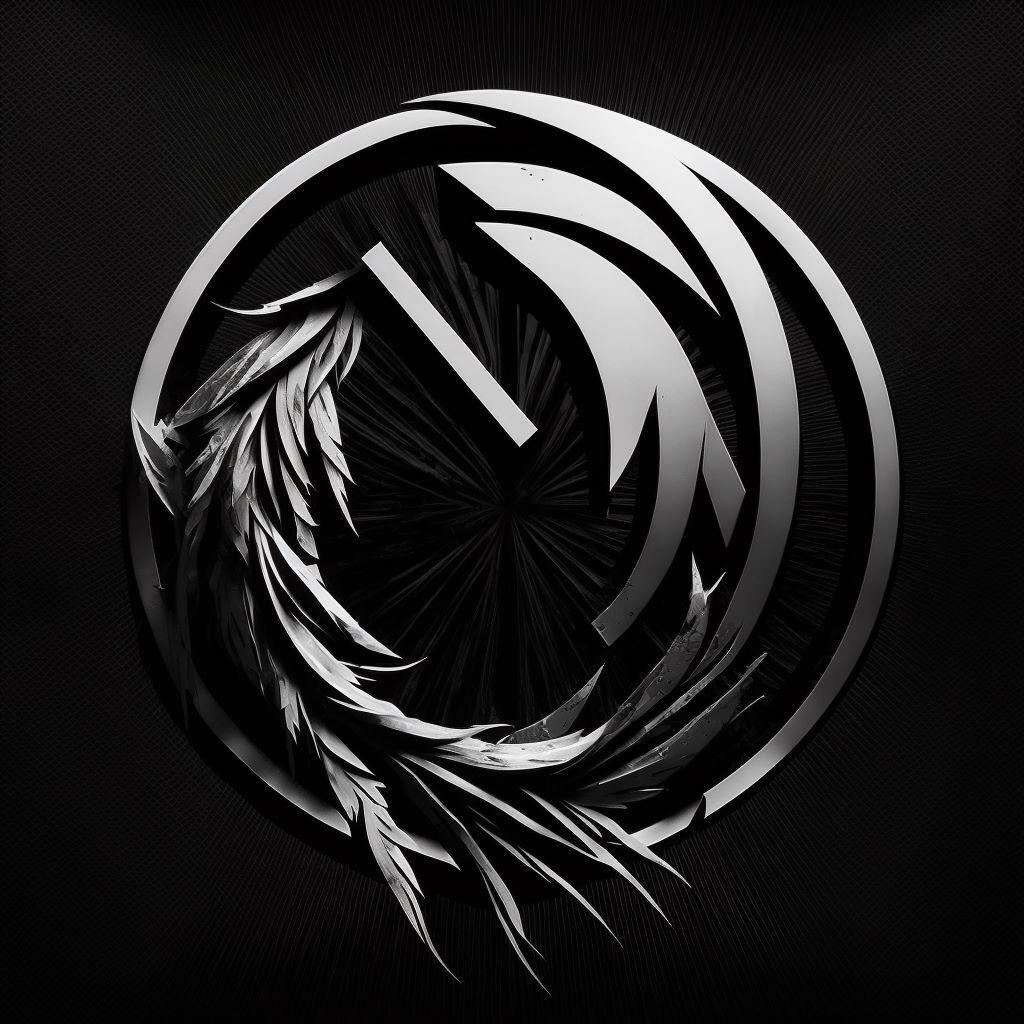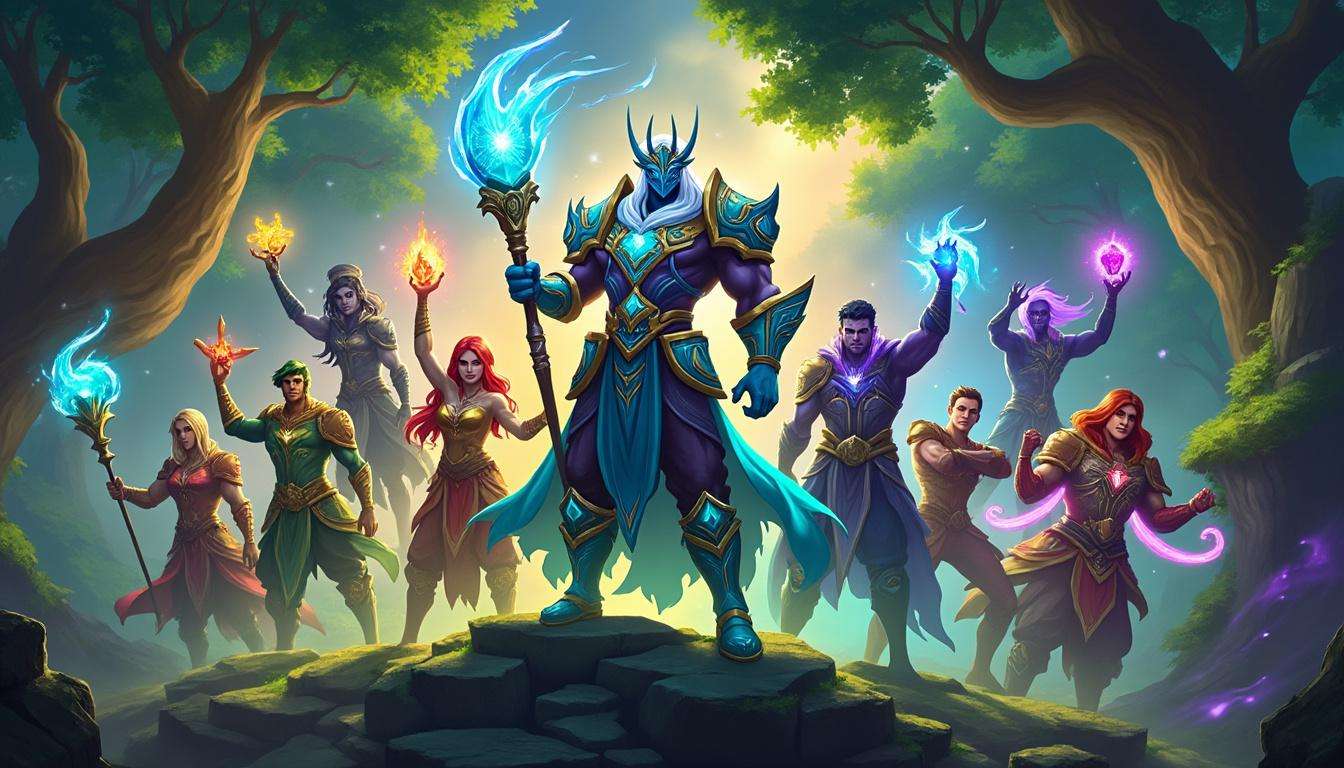The resurgence of Balatro-inspired content within League of Legends highlights a pivotal moment in game preservation for the MOBA community. Riot Games’ decision to make minigames and motion comics accessible indefinitely through the League wiki not only preserves digital culture but also strengthens community engagement. This initiative ensures that unique gaming experiences do not fade away as Riot continues game development, placing the company at the forefront of esports innovation and historical conservation.
Balatro Homage Revived in League of Legends
Earlier in the year, Riot Games launched The Demon’s Hand, a minigame that pays tribute to the roguelike card game Balatro. Integrated within a character update, this homage quickly stood out for its faithful mechanics and engaging gameplay. Initially, community concerns arose that such a well-crafted feature would be temporary, disappearing from the client in weeks once Riot shifted focus.
However, Riot’s recent move to embed these minigames permanently in the community-run League wiki defies that expectation. Players can now access The Demon’s Hand, along with other projects like the Jinx Fixes Everything celebration, ongoing without time limits. This step is a significant victory for game preservation in the fast-paced gaming and esports landscape.
- Release of The Demon’s Hand as Balatro-style roguelike
- Community wiki upgrade enables permanent access
- Support for additional in-client events like Jinx Fixes Everything
- Plans underway to add more projects, including the Battle of Koeshin
Preserving Digital Culture Through Community and Riot Collaboration
The integration of motion comics and minigames into the League of Legends wiki represents a strategic collaboration between Riot and the passionate community led by contributors like Spideraxe. This partnership has overcome technical challenges related to memory intensity and different development technologies, ensuring players experience these unique contents indefinitely.
Brian Cearns, Riot’s director of content strategy, has offered support to this preservation effort, signaling Riot’s commitment to maintaining not just active game content but also its legacy. Although some older metagames from earlier development eras require extensive work for compatibility, Riot’s willingness to assist creates promising prospects for long-term digital culture preservation.
- Community-driven wiki upgrades foster game preservation
- Riot offers technical and strategic backing
- Support for nostalgic content dating back to 2013
- Challenges with older games made under different tech
Impact on MOBA Game Development and Community Engagement
Making these minigames permanently accessible reshapes how Riot Games approaches content lifecycle in the MOBA genre. By preserving past projects within the League client’s ecosystem, Riot cultivates a deeper connection with the community. Players are encouraged to revisit and relive notable events and side-games, fostering ongoing participation beyond core gameplay.
This approach not only benefits players but also influences how game development adapts to community expectations, blending nostalgia with innovation. It showcases Riot’s leadership not only in competitive esports but also in valuing the cultural heritage of its games.
- Enhancing player retention through archived content
- Building lasting esports narratives beyond main game updates
- Encouraging fan-driven content and wiki participation
- Balancing innovation with respect for gaming history

